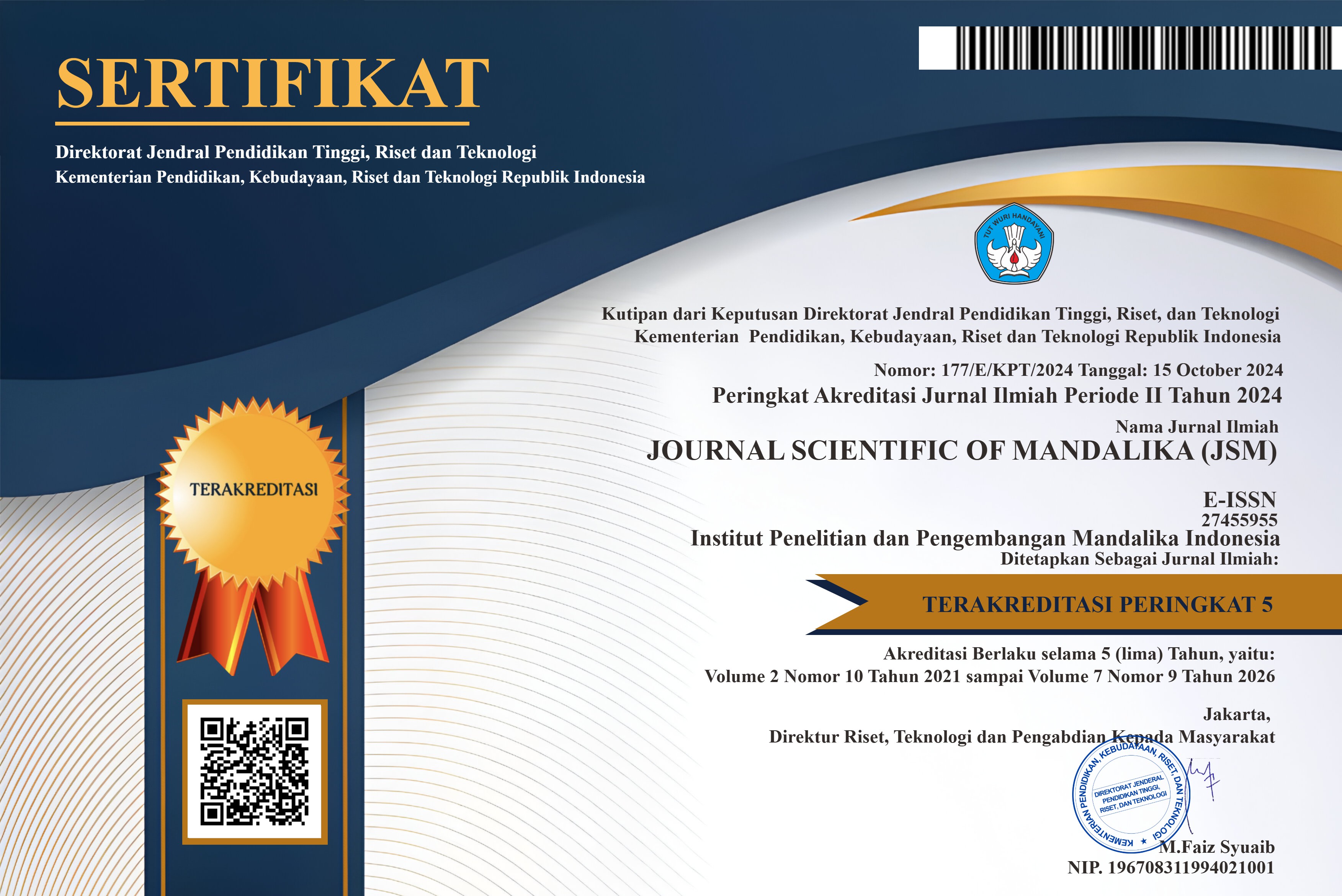Analisis Strategis Inovasi Sumber Daya Manusia di Era Kerja Jarak Jauh
Abstract
Technological developments and digitalization have encouraged significant changes in human resource (HR) management strategies, especially in the context of remote work. The COVID-19 pandemic accelerated the adoption of remote work models that presented a variety of challenges, including employee engagement, productivity, and work-life balance. Organizations are expected to develop adaptive and technology-based HR innovations to maintain the efficiency and well-being of their workforce. This study aims to analyze HR innovation strategies in the remote work era, by highlighting the main factors that affect the effectiveness of technology-based HR policies. The research method used is a systematic literature study by collecting and analyzing various scientific sources from journals, proceedings, and related research reports. The study explores best practices that organizations have implemented in improving employee engagement, managing digital balance, and ensuring data security and privacy in a flexible work model. The results show that the success of HR innovation in remote work is highly dependent on an adaptive organizational culture, strong technology infrastructure, and empathetic and flexible leadership. In addition, strategies such as hybrid work policies, digital well-being programs, and results-based approaches in performance evaluation have proven effective in improving employee welfare and productivity. Thus, technology-based HR innovation is not only necessary to improve organizational efficiency, but also to ensure the sustainability of workforce welfare in the digital era.
Copyright (c) 2025 Hassan Mustapa

This work is licensed under a Creative Commons Attribution-ShareAlike 4.0 International License.













